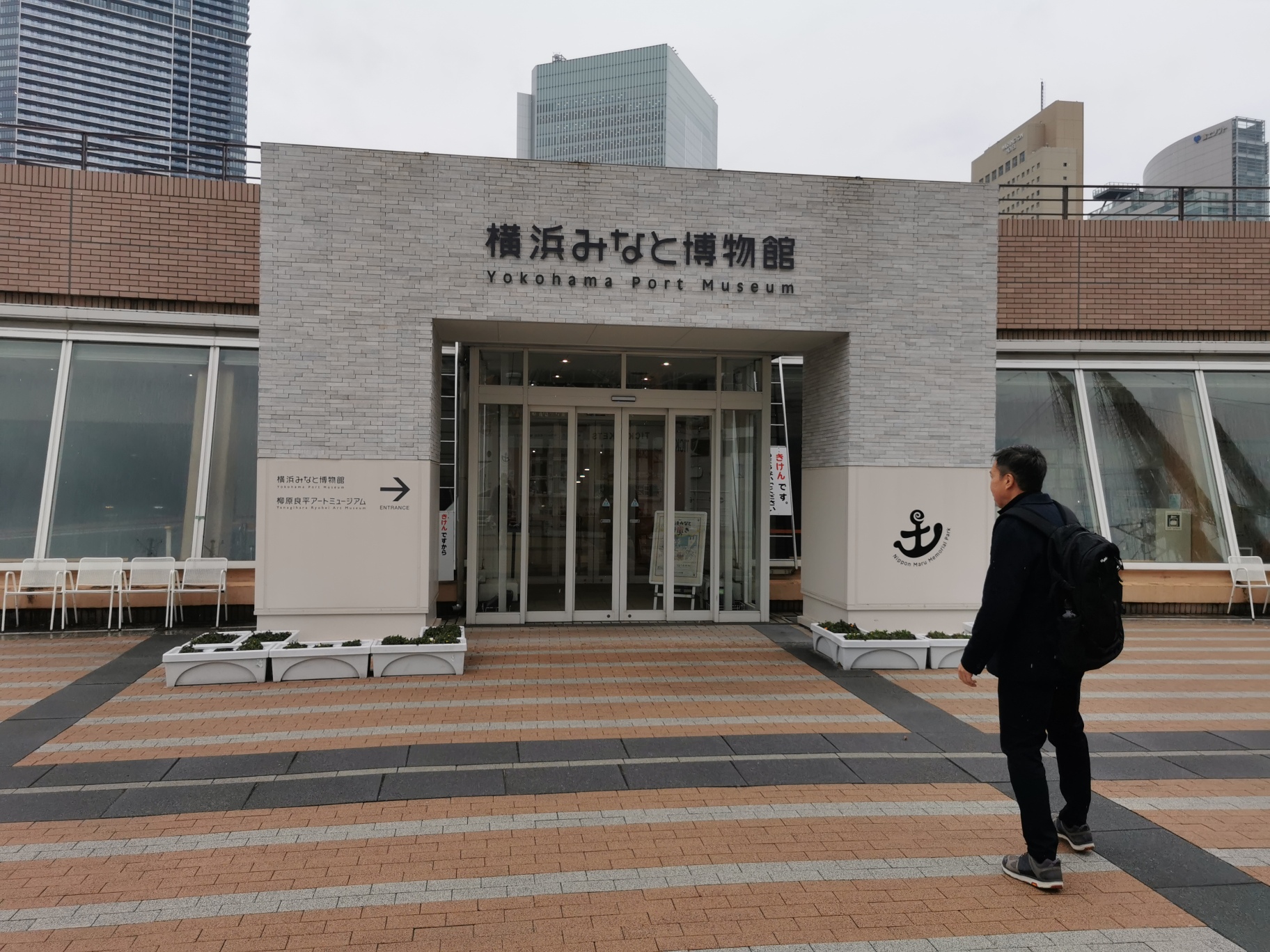The shipping trends plays a vital role in global trade, transporting goods worth trillions of dollars yearly. Population growth and continued urbanisation will also lead to an increase in demand for maritime shipping services. This growth is attributed to an increase in global trade as a result of continued economic expansion. The maritime shipping industry must continue to innovate and adopt new technologies to meet this increased demand.
The following are some of the most promising trends and innovations currently taking place in the maritime shipping industry:
1. Green Technology
One of the most critical trends in maritime shipping is the move toward green technology. With increasing public awareness of the need to protect the environment, it is becoming increasingly crucial for maritime companies to adopt green practices. Maritime companies invest in cleaner-burning fuels such as LNG (liquefied natural gas). LNG produces significantly lower emissions than traditional marine fuels such as heavy fuel oil (HFO) and diesel. Some maritime companies are also experimenting with battery-powered ships to reduce emissions further. While battery-powered ships are not yet commercially viable on long voyages, they show great promise for use on shorter routes.
2. Electric Ships
Global maritime transport emits around 900 million tons of carbon dioxide annually, accounting for 2-3% of the world’s total emissions. As the push for decarbonisation gathers momentum, it is only a matter of time before electric ships become the norm. Electric vessels are already beginning to enter the market, with South Korea’s Ministry of Oceans and Fisheries announcing plans to build an electric ferry powered by renewable energy.
3. Autonomous Ships
Another exciting trend in maritime shipping is the development of autonomous ships. Autonomous ships have the potential to revolutionise the industry. They offer many advantages over traditional vessels, including reduced operating costs, increased efficiency, and improved safety by reducing the need for manual labour onboard ships. In addition, automated systems are less susceptible to human error than their manual counterparts. While there are many regulatory hurdles to overcome before autonomous vessels can be deployed commercially, they are expected to eventually become a common sight in the world’s oceans.
Autonomous ships are already being tested by companies such as Rolls-Royce and Maersk. While fully autonomous vessels are still some way off, we will likely see increasing automation levels in shipping over the next few years.
4. Blockchain
Blockchain technology is also beginning to make its way into the maritime shipping industry. Blockchain offers several potential benefits for maritime companies, including improved tracking of shipments and real-time visibility of their location- this would minimise delays caused by lost or misplaced cargo, reduce paperwork, and increase transparency throughout the supply chain. In addition, blockchain-based smart contracts could automate many administrative tasks related to shipping, such as documentation and billing. Several startups are already working on blockchain-based solutions for the maritime industry, and it is expected that we will see more adoption of this technology in the future.
5. Big data and predictive analytics
Another major trend transforming maritime shipping is the increasing use of big data and predictive analytics. The shipping industry generates vast amounts of data that can be extremely valuable if analysed correctly. Big data analytics can improve everything from route planning to fuel consumption. By harnessing the power of data, shipping companies can optimise their operations, reduce costs, and enhance safety and security.
Predictive analytics is particularly valuable for identifying potential problems before they occur, such as equipment failures or weather hazards.
6. Cybersecurity
Cybersecurity is a growing concern for maritime companies due to the increased reliance on digital systems and networks. As the shipping industry becomes increasingly digitised, companies must implement robust cybersecurity measures to protect their vessels and cargo from attack. Ships are now equipped with everything from satellite communications to remote monitoring capabilities, all of which create potential cyber vulnerabilities.
Conclusion
The maritime shipping news is undergoing a period of significant change, with new technologies and trends emerging that have the potential to revolutionise the way that we ship goods around the world. From electric ships to blockchain-based smart contracts, these innovations have the potential to make shipping more efficient, sustainable, and safe. To stay ahead of the curve, maritime companies must keep up with these latest developments and adopt them where possible. Doing so will ensure they can meet rising consumer demand and remain competitive in an increasingly challenging marketplace.










